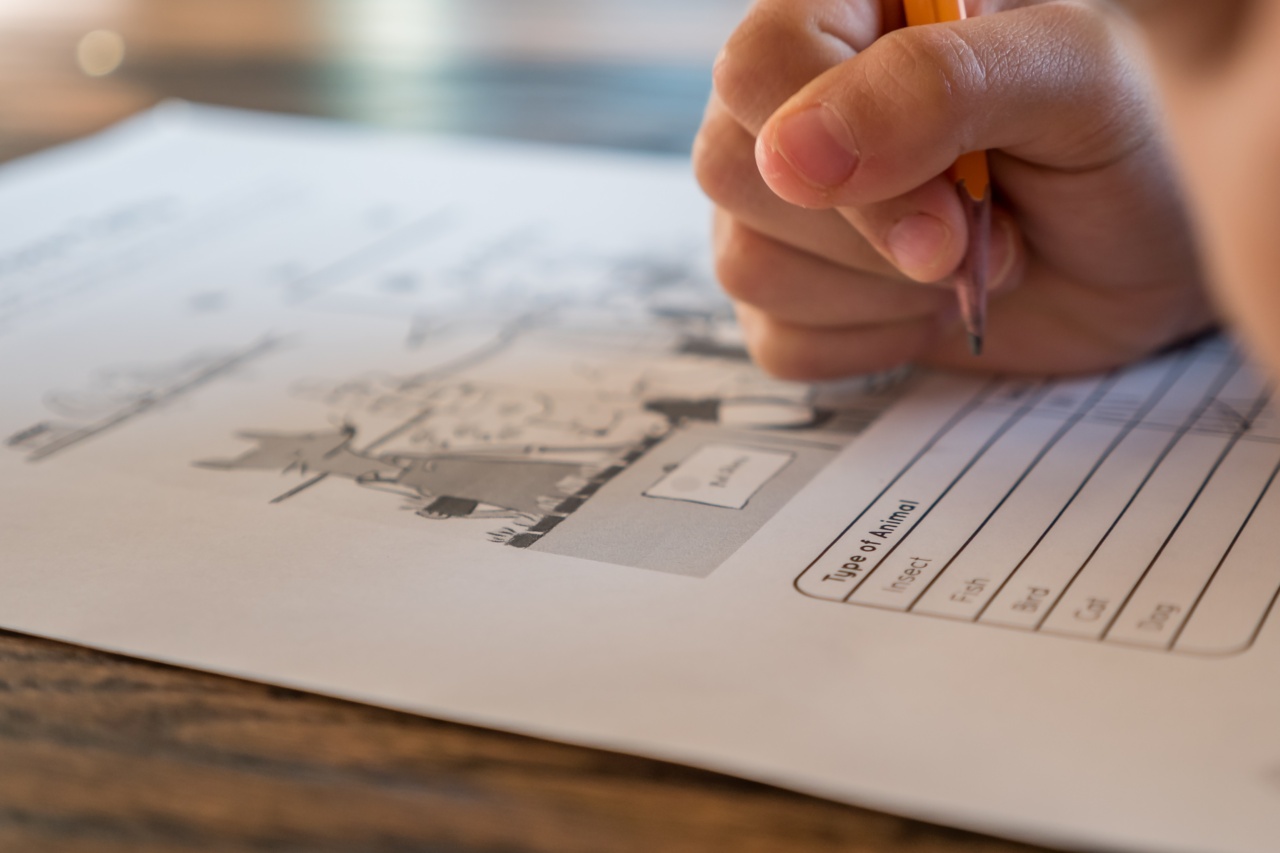As parents, we play a crucial role in shaping our child’s emotional development. Our daily habits, both good and bad, can have a significant impact on our children’s mental and emotional state.
Therefore, it’s important to be mindful of our actions and ensure that we cultivate healthy habits from an early age.
Understanding the Connection between Habits and Emotional Development
Children observe and learn from us from a very young age. Our daily habits and behavior shape their worldview and can have a significant impact on their emotional and mental well-being.
Positive habits, such as regular exercise, healthy eating, and positive communication, can help children develop a positive outlook and healthy habits for life. On the other hand, negative habits, such as poor nutrition, lack of exercise, and constant negative communication, can negatively impact a child’s emotional development and put them at risk of developing behavioral and emotional disorders.
The Importance of Positive Habits for Emotional Development
Positive habits contribute to a child’s emotional development in many ways. Here are some benefits:.
1. Boosts Self-esteem and Confidence
When children feel good about themselves, it’s easier for them to have a positive outlook and to interact with others positively. Positive habits such as regular exercise and healthy eating can help build self-esteem and confidence in children.
They also learn about goal-setting and taking action to make positive changes in their life, which leads to improved emotional and mental well-being.
2. Develops Respect and Empathy
Children learn by example, and when parents lead by example, it helps develop empathy and respect towards others. Positive habits such as kindness and compassion can help children to understand their emotions and empathize with others.
They tend to be more compassionate and understanding of others’ feelings which leads to improved mental and emotional well-being.
3. Builds Resilience
Resilience is necessary for navigating life’s ups and downs. Positive habits such as regular exercise, mindfulness, and a positive outlook help build resilience in children.
They learn to cope with adversity and setbacks and view them as opportunities for growth and learning.
4. Develops Positive Coping Strategies
Children who develop healthy coping strategies at an early age tend to be more resilient, calm, and emotionally stable. Positive habits such as mindfulness and deep breathing help children to develop positive coping strategies.
They tend to respond to stressful situations with less anxiety and avoid negative coping mechanisms such as aggression, substance abuse, or self-harm.
5. Helps Develop Positive Relationships
Positive habits such as good communication skills and kindness tend to attract positive relationships. Children who develop good communication skills tend to be better at expressing their emotions and understanding other people’s emotions.
They can form strong and positive relationships with peers and adults.
Negative Habits That Impede Emotional Development
Just like positive habits, negative habits can have a significant impact on a child’s emotional development. Here are some negative habits to avoid:.
1. Lack of Boundaries and Structure
Children need structure and boundaries to thrive. Without clear guidelines and limits, children may feel anxious and unsure. Lack of structure can also contribute to behavioral problems such as aggression, impulsivity, and irritability.
2. Negative Communication Styles
Children learn to communicate from their parents and caregivers. If communication is characterized by negativity, criticism, and blame, it can harm a child’s self-esteem and emotional well-being.
Children who experience negative communication are more likely to experience anxiety, depression, and irritability.
3. Unhealthy Lifestyle Choices
The habits that we practice, such as unhealthy eating patterns and lack of exercise, can have an impact on a child’s emotional development.
Poor nutrition can cause irritability, hyperactivity, and fatigue, while lack of exercise can lead to depression, anxiety, and obesity.
4. Modeling Negative Coping Strategies
Parents who model negative coping strategies such as substance abuse, smoking, or negative self-talk can have a significant impact on their child’s emotional and mental well-being.
Children who observe these behaviors are more likely to adopt them and may suffer from addiction or mental health disorders as a result.
Solutions to Consider When Nurturing Positive Habits
As parents, we need to be mindful of the habits that we model to our children. Here are some helpful solutions to consider when nurturing positive habits:.
1. Model Positive Communication
It’s important to communicate with children openly, positively, and respectfully. Using positive and kind words helps to build trust, respect, and self-esteem in children.
2. Set Boundaries and Expectations
Children need structure and boundaries to feel safe and secure. Setting clear expectations, such as bedtimes, homework schedules, and screen-time limits, helps children understand their responsibilities and provide structure for their day-to-day lives.
3. Encourage Healthy Habits
Encouraging children to be active, eat healthily, and sleep well can support their emotional development. Physical activity, healthy eating, and good sleep habits contribute to better mental and emotional well-being.
Parents should also limit screen time and encourage reading or engaging in creative activities.
4. Encourage Positive Coping Strategies
Parents need to encourage their children to develop positive coping strategies such as mindfulness, deep breathing, and positive self-talk.
By practicing these techniques themselves and teaching their children to use them as well supports their emotional development and helps them in navigating stress and other challenges.
5. Be a Role Model
The best way to encourage positive habits is to model them yourself. If you make healthy choices and practice self-care, your child is more likely to do so as well.
By being a positive role model, parents can set a positive example and positively impact their child’s emotional development.





























